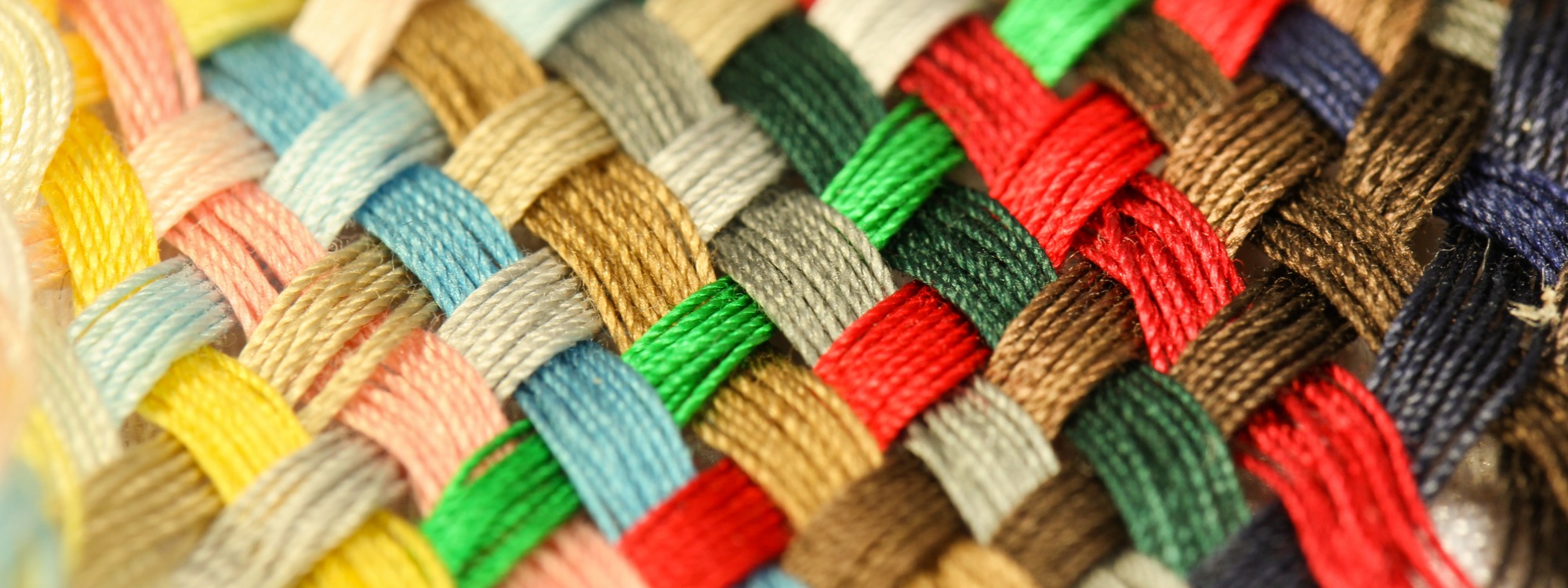
- Home
- Academic
- Subject Information
- Textiles
Textiles
“Once upon a time there was a room in a school where girls were taught to sew, it was called needlework….” Dawn Foxall, 2020
Textiles education has evolved dramatically over the past 30 years. Consumers now live in an on-demand world that routinely delivers elevated levels of instant convenience. Within textiles and fashion, these fast fashion models of consumption have encouraged huge volumes of waste which is no longer sustainable. We must now educate our students to design in a socially and environmentally responsible manner, whilst also equipping them with the necessary practical and creative thinking skills to make a significant contribution to the future Fashion and Textiles industry.
Fashion is a crucial aspect of our economy and innovation is essential for the future of textiles. We have high expectations that all students should be ambitious in their work and demand deeper thought and critical reflection through our curriculum. Our curriculum allows students dedicated time, specialist teachers and extensive equipment to experiment and develop their ideas. The Fashion Pathway that we offer to all key stages further prepares students to be in the best position to apply for Fashion and Textiles higher education courses. We are preparing the next generation of fashion and textile designers.
KS3
Year 7 participate in a practical and creative day to introduce them to textiles and fashion. Sustainability, fast fashion, guest speakers and fashion challenges are all elements of this interactive day.
In Year 8 and Year 7, students research, design and make a variety of textiles and fashion items. These have previously included sustainable printed bags, painted shoes and transfer printed cushions. These projects are designed to expose students to a full range of techniques; preparing them for GCSE and A Level.
|
Year Group |
Areas of Study |
|
8 |
Sewing machine operation Drawing and recording for design Design development techniques Printing and hand sewing techniques Transfer printing |
|
9 |
Fast fashion and sustainability Plastic bag stitching Free motion sewing machine operation Pattern design for garments Hand sewing techniques Constructed printed textiles techniques Designer research Mark making and drawing |
GCSE
Board
AQA
Outline of the Course
- Coursework (60%) – a main sustained project and a mini project over two years.
- Students have the opportunity to learn and develop practical skills in textiles. Skills covered include: transfer printing, block printing, screen printing, reverse applique, bondaweb applique, free machining, fabric manipulation techniques and a range of art techniques. The focus of lessons enables students to build their confidence when experimenting with a wide range of techniques to ensure they can develop their projects in an individual and personal way.
- Practical exam (10 hours) Students receive a choice of exam question to base their studies on in January. A practical exam which allows students to make their design occurs in May of Year 11. There is no theory element to this course, it is 100% practical.
Assessment
|
Type of Assessment |
Duration |
Weighting |
|
|
1 |
NEA Unit 1 prolonged practical project 1 mini project |
Sept of Year 10 to Jan of Year 11. Students receive a detailed schedule to plan their project base time |
60% |
|
2 |
Practical exam |
10 hours (not including prep time Jan-May in |
40% |
A Level
Minimum Entry Criteria
Desired: 7 in Textiles or Art
Essential: 6 in Textiles or Art
Board
AQA
Outline of the Course
- Mini project Year 12
- Unit 1: Personal Investigation (coursework 60%)
- Unit 2: Externally set assignment (practical exam 40%)
Assessment
Assessment is through weekly individual tutorials and formal assessments at a number of points in the year. Students are given work schedules to help assist the planning of their independent work which enables them to gain the highest grades. The school provides the basic equipment and materials for the students to succeed. Students are required to provide A1 mount boards and any additional materials above and beyond the basic requirements they wish to purchase.
|
Please note that the A Level work is assessed holistically across each unit |
|||
|
Type of Assessment |
Duration |
Weighting |
|
|
1 |
NEA Unit Sketchbooks and progress assessment Individual samples and progress tutorials Sample Boards completed Critical essay written Final make |
Easter Year 12 – |
60% |
|
2 |
Exam Unit Sketchbooks and progress assessment Individual samples and progress tutorials Sample Boards complete 15 hour practical exam |
February Year 13 March/April Year 13 March/April Year 13 May Year 13 |
40% |




